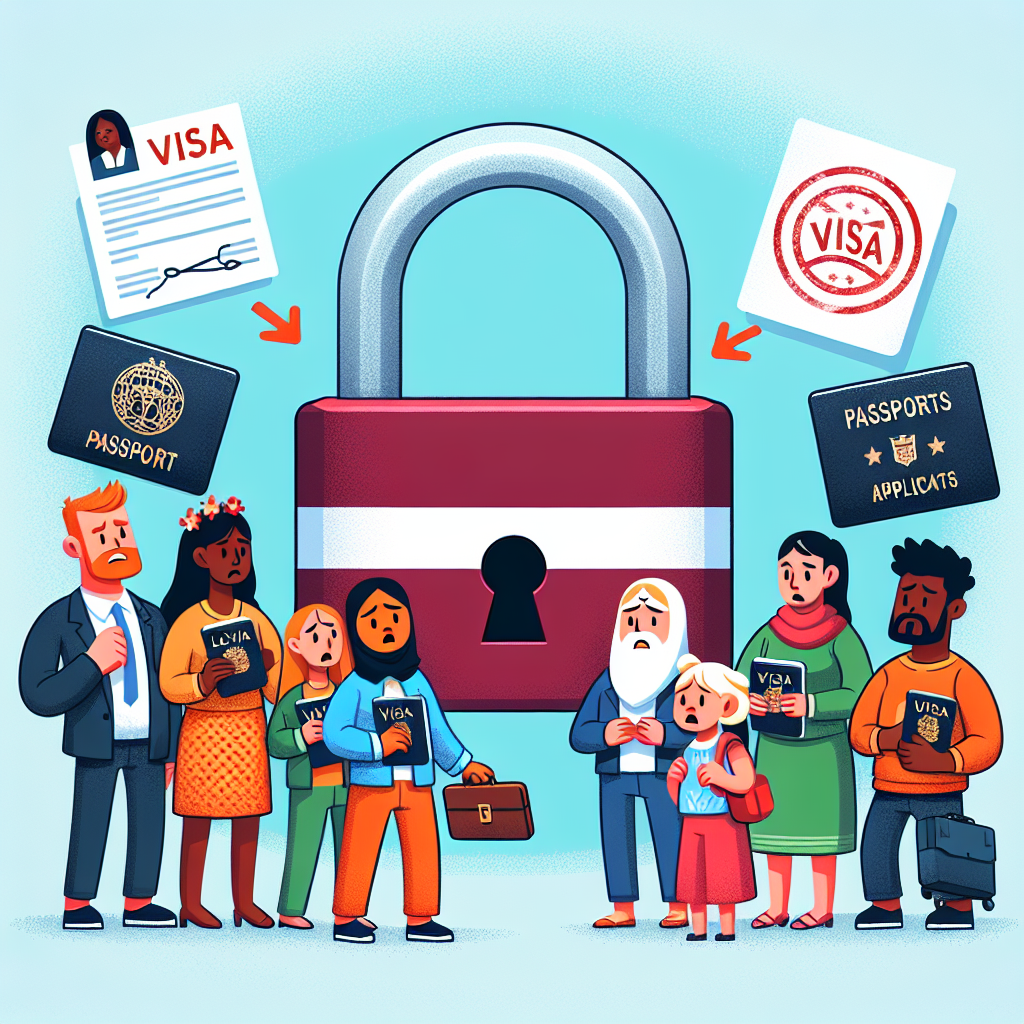U.S. Visa Restrictions on Palestinian Officials Stir Diplomatic Debate
Ahead of the UN General Assembly meeting, the U.S. is denying visas to members of the Palestinian Authority and the Palestine Liberation Organization. The State Department cites security and foreign policy reasons. Palestinian officials, including President Abbas, are assessing the impact of these restrictions.

The United States has announced the denial and revocation of visas for members of the Palestine Liberation Organization (PLO) and the Palestinian Authority (PA) in anticipation of the United Nations General Assembly meeting in September. This announcement, made by the State Department, did not specify which officials were affected, leaving uncertainty about whether Palestinian Authority President Mahmoud Abbas would be impacted. Abbas is planning to travel to New York to speak at the assembly later this month.
The visa restrictions follow U.S. sanctions on Palestinian Authority officials and PLO members imposed in July, reflecting a stern position as other Western nations move towards recognizing Palestinian statehood. The State Department justified its actions by stating the need to hold the PLO and PA accountable for allegedly not fulfilling commitments and undermining peace prospects. However, Palestinian officials contest this reasoning.
Despite the U.N.'s 1947 headquarters agreement, which generally demands the U.S. to allow access to foreign diplomats, Washington maintains it can refuse visas on grounds such as security and terrorism concerns. While the Palestinian mission to the U.N. remains unaffected by these restrictions, the move has prompted further diplomatic tensions as countries like Canada, Britain, Australia, and France express intentions to recognize Palestinian statehood during the General Assembly.
(With inputs from agencies.)










